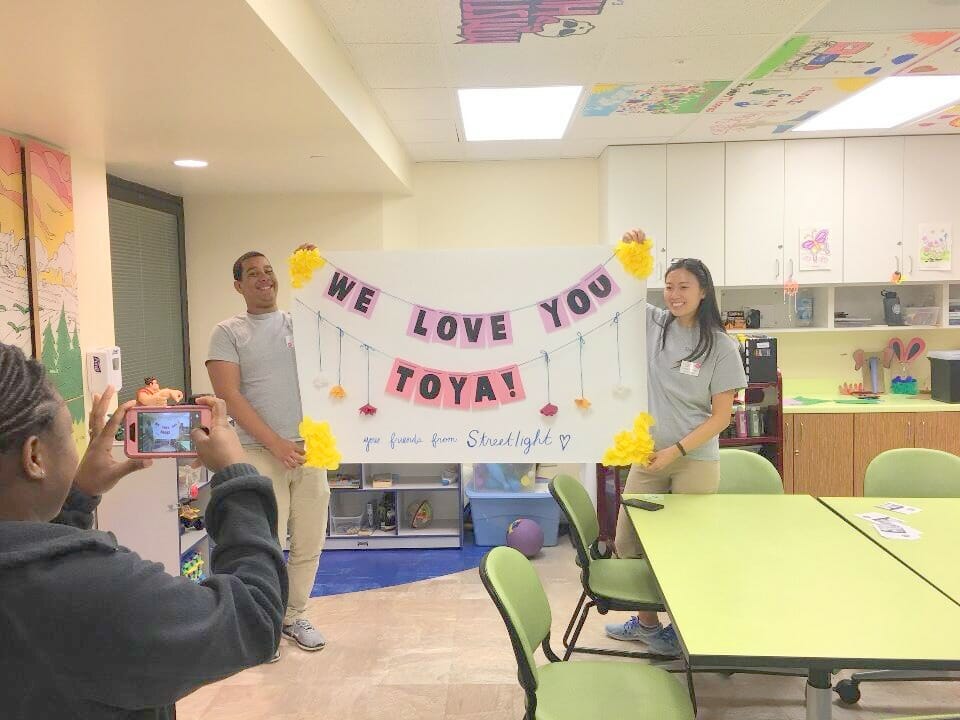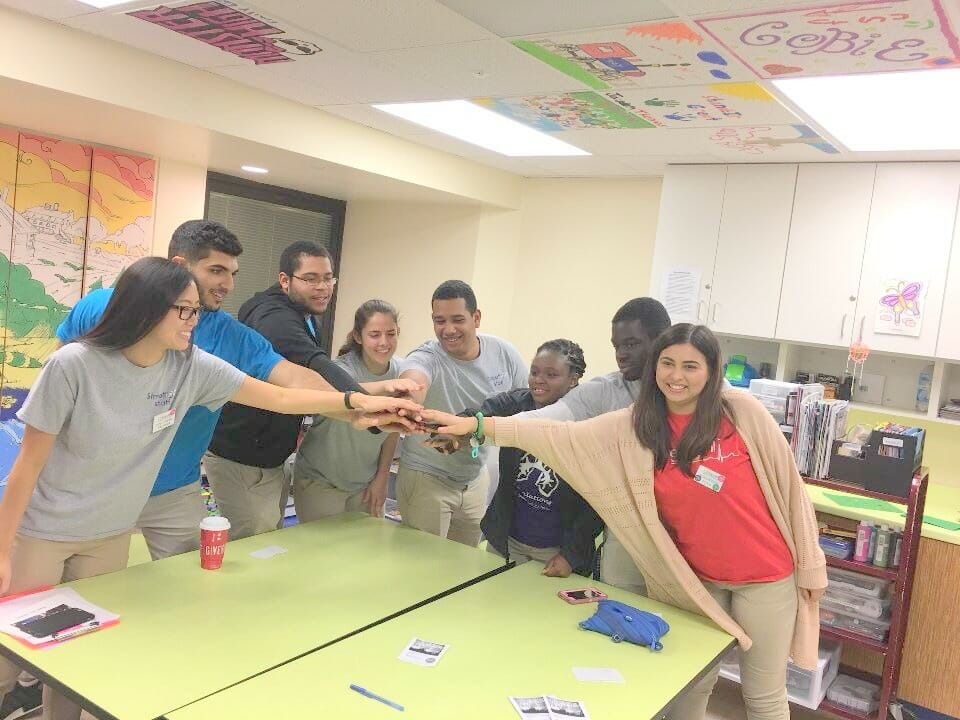College Student Offers Friendship to Young Adults Palliative Care Patients


Jordy Botello was first inspired to give back when he came to America from the Dominican Republic in 2012 and did not speak English very well. He was in his high school’s ESOL program and he noticed a majority of the students who were struggling with the language skills were uninspired and academically and socially behind. He wanted to find a way to integrate mentoring and tutoring into ESOL to help set these students up for success.
While he was a student at the University of Florida, Jordy co-founded Literary Achievers, a student-run organization at his high school that provides tutoring and mentoring to underserved high school students in ESOL programs. His achievements here led him to other volunteer opportunities.
Now, Jordy is a biochemistry student at the University of Florida with aspirations of continuing on to medical school. His desire to help people motivated him to volunteer at a local hospital, where he delivered flowers, lab results and supplies, but he felt isolated from actual patients. He wanted more direct interaction with patients, to help develop his bedside manner and to feel he was making a real impact on their care.
Jordy credits serendipity when a friend told him about Streetlight, a program that pairs college volunteers with young adults living with chronic and life-limiting diseases. This was the opportunity he had been looking for to make a real difference. He has been a volunteer at Streetlight for the past year building friendships and providing emotional support to patients so they don’t feel so alone.

What inspired you to volunteer?
I had been involved in other volunteer experiences, but I hadn’t had any direct contact with patients. I was talking to a friend about this and how I wanted to make a difference and impact patients more directly and he connected me with the Streetlight program. I interviewed and was accepted as a volunteer.
Describe your volunteer role with Streetlight.
We first have a meeting and look at the personality charts of the patients and try to match up volunteers who may fit best with that particular individual. For example, if we see a patient likes Star Wars, we match a volunteer who likes Star Wars. If a patient speaks Spanish, we match a volunteer friend who speaks Spanish. Then, we go in the room with a patient and visit with them. When I talk to them I try to make their day as nice as possible. I volunteer in four-hour shifts providing peer support to patients.
Why do you think it’s important for others to give back?
After you see patients with life-limiting diseases, you realize just how privileged you are. I think the morally appropriate thing for me to do is to give this blessing back to these people. I believe that those who are able to give have a moral duty to give back.
What’s been the most rewarding part of your work?
The most rewarding part of my work is getting that smile from someone who is suffering. Also, knowing I made contact with a patient who hadn’t seen someone in weeks is rewarding. The fact that I can complement something the patient is missing is my driving force.
What have you learned through your experiences as a volunteer?
I’ve learned that one day I may need help too. And to know there are people out there willing to volunteer gives me peace of mind and hope.
What do you want people to learn from your story?
I want people to understand it is important to give back. You never know when it will be your turn to need help. Volunteering with patients in palliative care at first struck me as sad, but we are able to make an impact during that time of their life and it is impossible to explain in words just how rewarding it is.
Tell me about your work with Literary Achievers.
I was inspired to help ESOL students because of my own personal experience as an ESOL high school student in Gainesville, Florida. I noticed ESOL students are at immediate risk of not being as successful because their English skills are not on par.
I started Literary Achievers in my high school to provide tutoring and mentoring to underserved high school students in ESOL programs.
The most rewarding part of my work with Literary Achievers is when I see a student score a higher grade after I have tutored them. And, it is not just because I tutored them, but it is the fact that I tried to inspire them to do better. That is worth a million dollars to inspire someone to do their best.
Are there any future partnerships, programs, or events that you are excited about?
Literary Achievers is in the planning stages to do a research project with The University of Florida’s childhood department. I hope the work provides research that will impact government policies in the future and ultimately further our impact. We also hope to expand the program into more schools this year.
This post was written by Karen Cohen.
Do you want to make a difference in your community like Jordy? Visit All For Good to find local volunteer opportunities.
